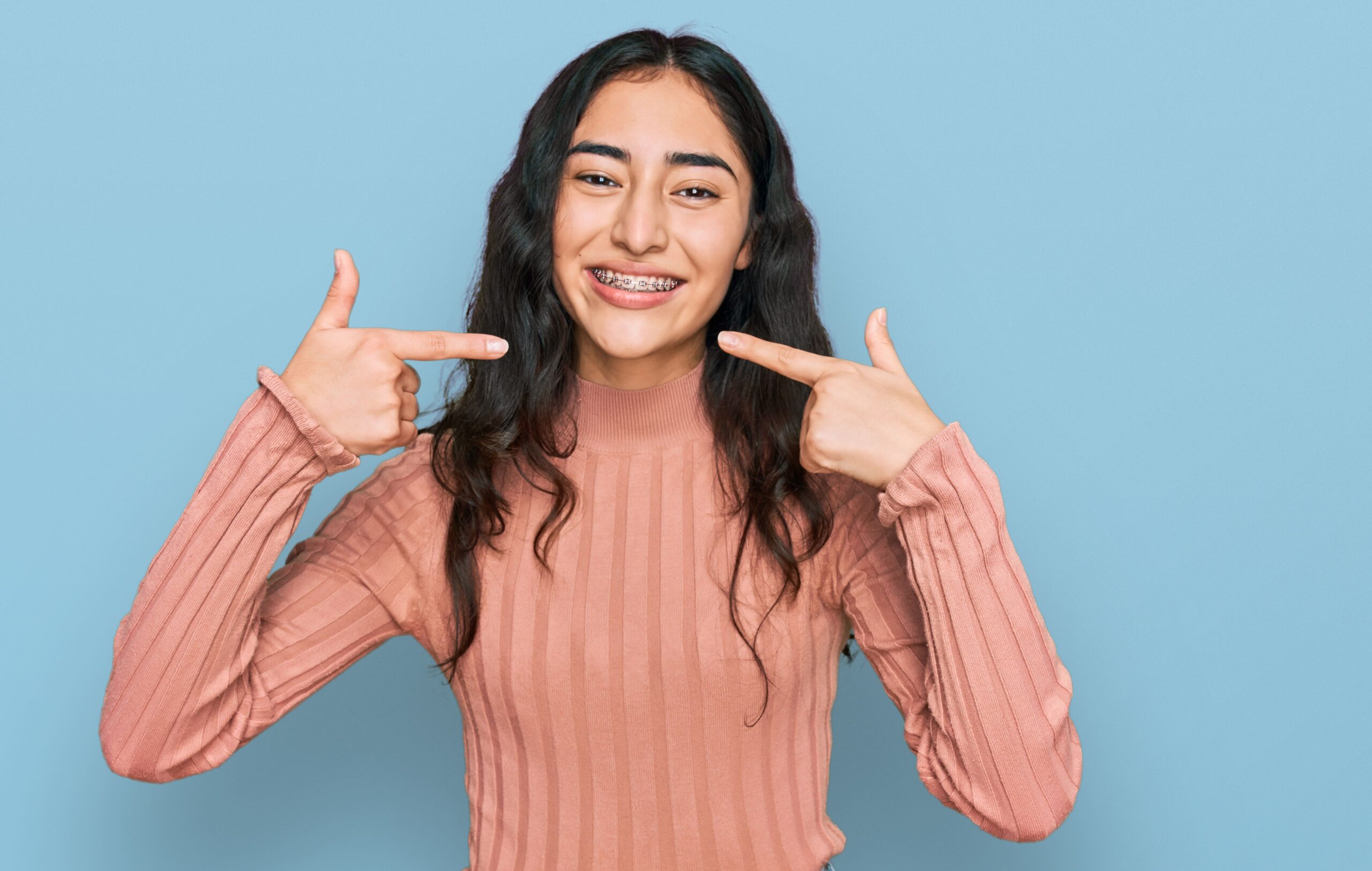Is there an age limit to braces?

When most people think about braces, they picture a teenager flashing a metallic smile during high school picture day. But braces aren’t just for teens anymore. In fact, more and more adults—and even seniors—are choosing to improve their smiles later in life. So it’s natural to ask: Is there an age limit to braces?
The short answer is no. Orthodontic treatment is available for people of all ages, as long as their teeth and gums are healthy. Whether you’re 13 or 63, if you’re unhappy with your smile or struggling with bite problems, braces can be a powerful solution.
Why People Get Braces at Different Ages
Orthodontic care is all about more than just straight teeth. Braces improve oral function, correct bite issues, and can even prevent jaw pain and uneven wear on your teeth. Here’s how braces can benefit people at different life stages:
Children and Preteens
Orthodontists often recommend a first evaluation around age 7. At this age, a child’s jaw and facial bones are still developing, and early detection of potential problems allows for timely treatment planning. In some cases, early intervention (also known as Phase I treatment) can guide jaw growth and make future treatment shorter and more effective.
Teenagers
The teenage years are the most common time to start braces. Most of the adult teeth have come in, and the jaws are still growing—making it an ideal window for orthodontic correction. Whether a teen has crowded teeth, an overbite, or gaps between their teeth, braces can help improve both function and appearance during a time when confidence is especially important.
Adults
Adults are the fastest-growing group of orthodontic patients. Maybe you missed out on braces as a kid, or maybe your teeth have shifted over time due to age, injury, or inconsistent retainer use. Whatever the reason, it’s never too late to address alignment issues.
Braces can be a game-changer for adults—improving their bite, oral hygiene, and overall dental health. Plus, today’s treatment options include more discreet solutions like ceramic braces or clear aligners, which many adults prefer.
Seniors
Yes, even seniors can benefit from orthodontic treatment! As long as your gums are healthy and your teeth are strong, braces can help correct issues like crowding, tooth drift after tooth loss, or bite imbalances that may contribute to headaches or TMJ problems.
Orthodontic treatment in later life can also be a key step before restorative dental work like crowns, bridges, or implants. Aligning your teeth beforehand ensures better, longer-lasting results.
What Factors Matter More Than Age?
Age is truly just a number when it comes to braces. What matters most is the health of your teeth, gums, and jawbone. Before starting treatment, your orthodontist will examine your oral health to make sure you’re a good candidate for braces or aligners.
Here are some important considerations:
-
Gum Health: Advanced gum disease can weaken the foundation of your teeth, making it harder to safely move them.
-
Bone Density: In older adults, bone loss can affect how teeth respond to orthodontic forces. However, with careful planning, treatment is still possible.
-
Commitment to Care: Braces require good oral hygiene and regular check-ins. Being proactive about your dental health is key at any age.
Types of Braces for Every Age
Braces have come a long way in recent years. Today’s orthodontic options are more comfortable, less noticeable, and better suited to adult lifestyles than ever before. Depending on your needs, your orthodontist may recommend:
-
Traditional Metal Braces: These remain the most effective option for complex cases, especially in younger patients.
-
Clear or Ceramic Braces: These blend in with your teeth and are a popular option for image-conscious teens and adults.
-
Clear Aligners (like Invisalign®): Great for mild to moderate alignment issues, aligners are removable and nearly invisible.
-
Lingual Braces: These are placed behind your teeth, making them completely hidden from view.
No matter your age or aesthetic preference, there’s likely a solution that fits your needs.
The Benefits of Braces at Any Age
Orthodontic treatment is about more than just a straighter smile. Here are just a few ways braces can make a big difference:
-
Improved Oral Hygiene: Straighter teeth are easier to clean, which reduces your risk of cavities and gum disease.
-
Better Bite Function: Misaligned bites can cause jaw strain, uneven tooth wear, and even speech issues.
-
Increased Confidence: A healthy, attractive smile can make you feel more self-assured in social and professional settings.
-
Long-Term Health Benefits: Addressing alignment and bite issues now can prevent costly dental work down the road.
When Should You See an Orthodontist?
Whether you’re considering braces for yourself or your child, the best first step is a consultation with a skilled orthodontist. During this visit, you’ll receive a thorough evaluation, a discussion of your goals, and a personalized treatment plan tailored to your age, lifestyle, and dental needs.
At Alexander Hoffman Orthodontics, we believe that everyone deserves to feel confident in their smile—regardless of age. Our team provides high-quality orthodontic care in a welcoming and supportive environment. We work with patients of all ages, and we’ll help you understand your options every step of the way.
If you’re looking for a trusted Boise orthodontist, contact us today to schedule your complimentary consultation. There’s no age limit to a healthier, happier smile—and we’d be honored to help you achieve it.

